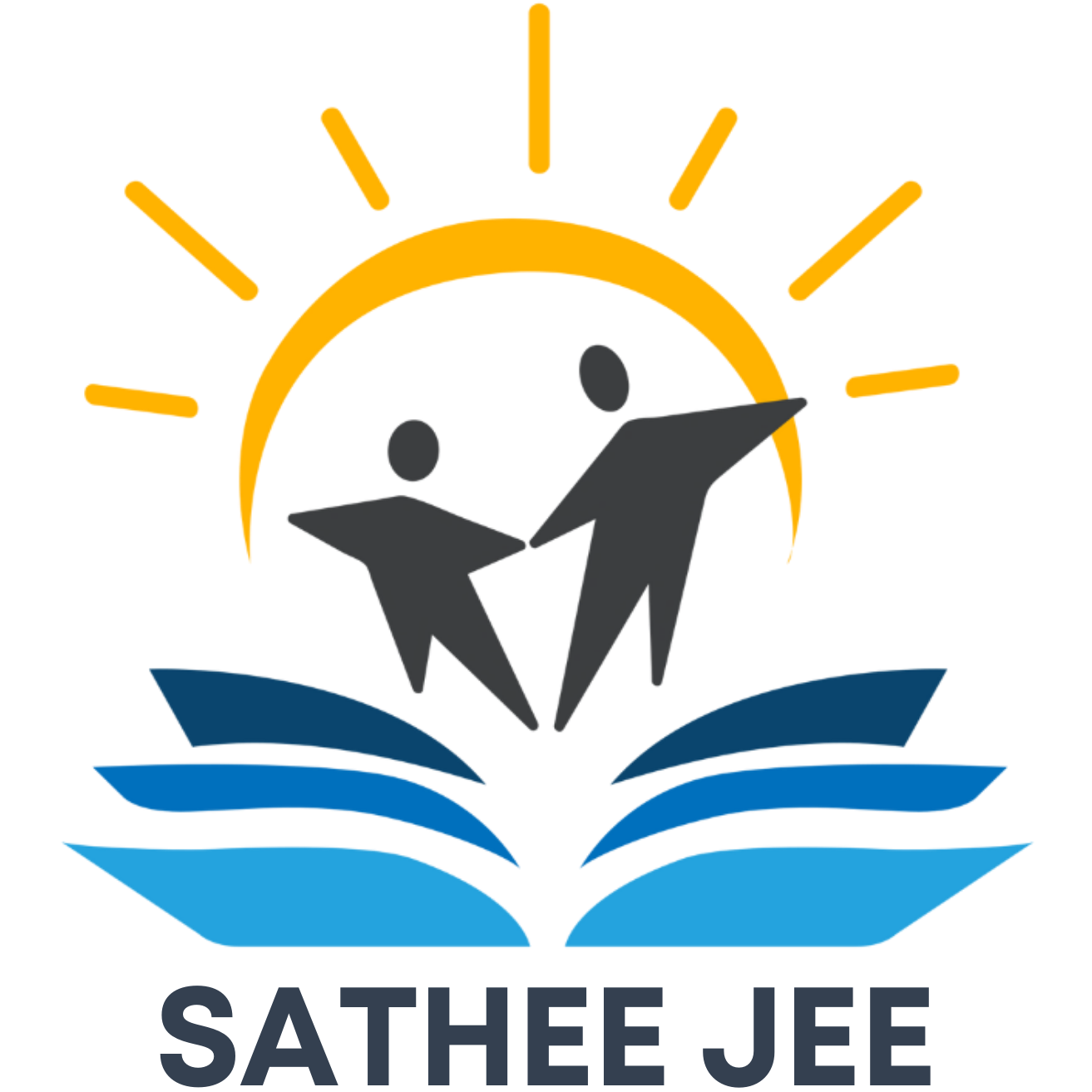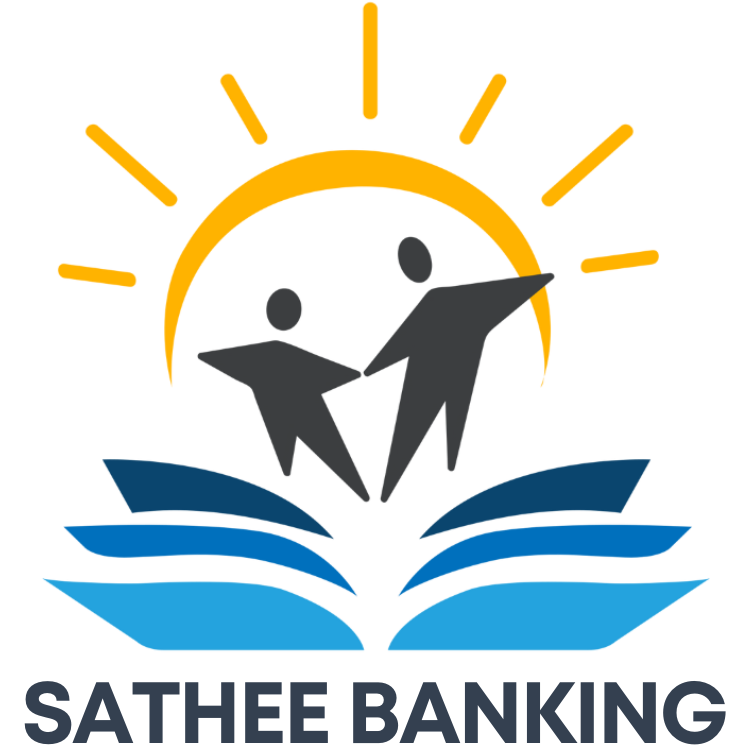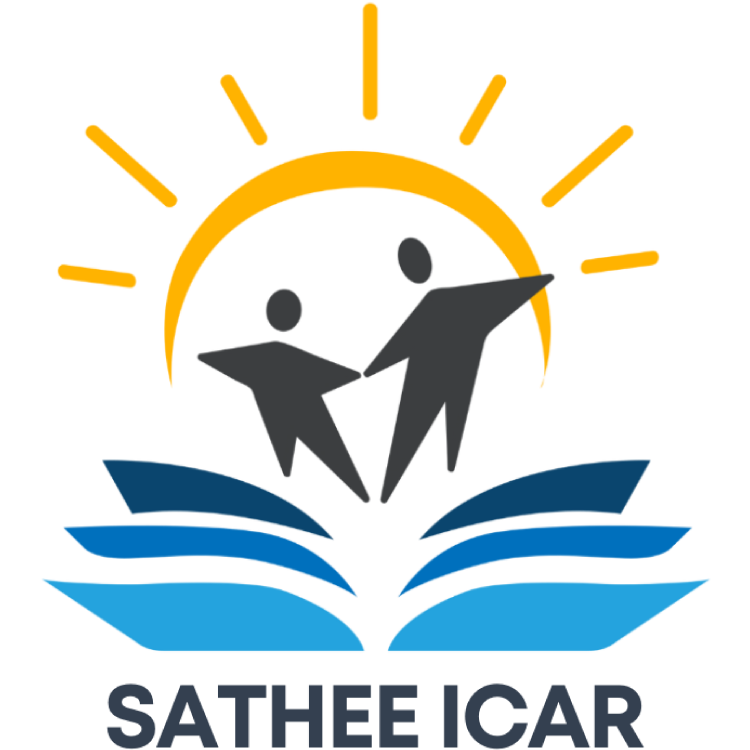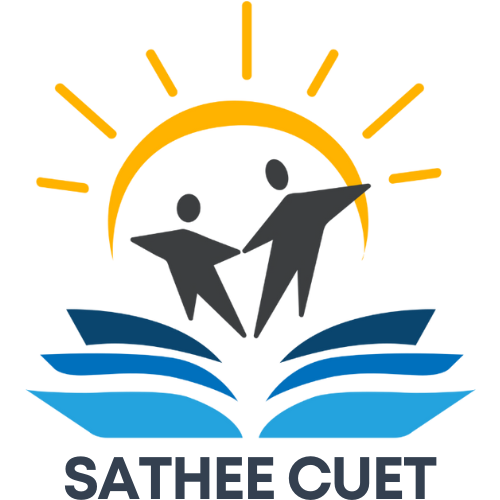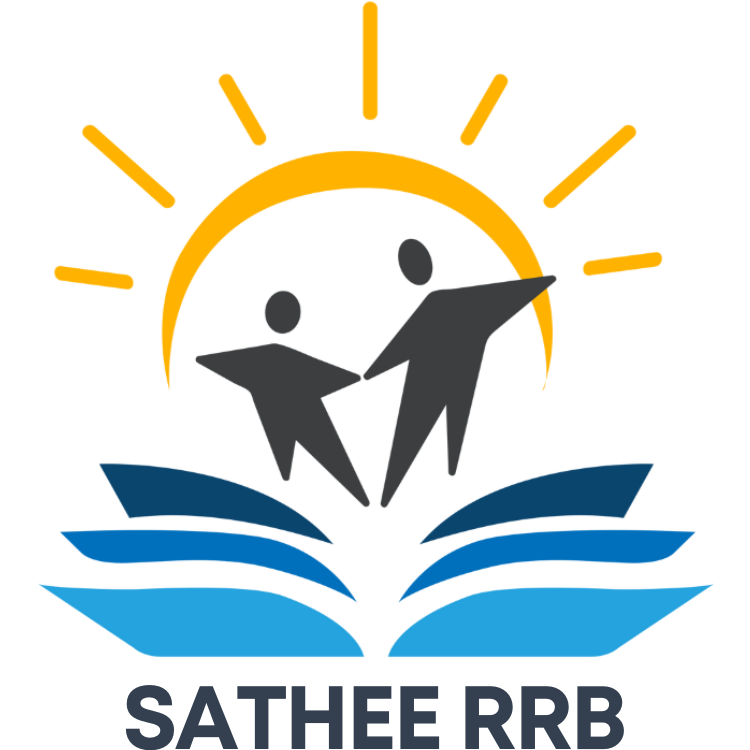Indian History
Key Concepts & Formulas
| # | Concept | Quick Explanation |
|---|---|---|
| 1 | Revolt of 1857 | First war of independence sparked by greased cartridges; began at Meerut on 10 May 1857 |
| 2 | Non-Cooperation Movement | 1920-22; led by Gandhi; boycott of British goods/services; Chauri-Chaura incident ended it |
| 3 | Quit India Movement | Launched 8 Aug 1942; “Do or Die” slogan; mass arrests; peak of freedom struggle |
| 4 | Montagu-Chelmsford Reforms | 1919; introduced dyarchy; basis of Government of India Act 1919 |
| 5 | Cabinet Mission Plan | 1946; proposed united India; rejected by Muslim League; led to partition |
| 6 | Regulating Act 1773 | First British parliamentary act to control East India Company; Warren Hastings became first Governor-General |
| 7 | Battle of Plassey 1757 | British victory over Nawab Siraj-ud-daulah; established British rule in India |
10 Practice MCQs
Q1. Who was the first Governor-General of India? A) Lord Cornwallis B) Warren Hastings C) Lord Dalhousie D) Lord Canning
Answer: B) Warren Hastings
Solution:
- Regulating Act of 1773 appointed Warren Hastings as first Governor-General of Bengal
- Later, Charter Act 1833 made him Governor-General of India
- Served from 1773-1784
Shortcut: Remember “First Governor-General = Warren Hastings = 1773”
Concept: Indian History - British Administration in India
Q2. The Quit India Movement was launched in which year? A) 1940 B) 1942 C) 1945 D) 1947
Answer: B) 1942
Solution:
- Quit India Movement started on 8 August 1942
- Gandhi gave “Do or Die” slogan
- Also called August Kranti
Shortcut: Remember “Quit India = 1942 = Do or Die”
Concept: Indian History - Freedom Movement
Q3. Who founded the Indian National Congress in 1885? A) Mahatma Gandhi B) A.O. Hume C) Bal Gangadhar Tilak D) Lala Lajpat Rai
Answer: B) A.O. Hume
Solution:
- Indian National Congress founded on 28 December 1885
- Founder: A.O. Hume (Allan Octavian Hume)
- First session at Gokuldas Tejpal Sanskrit College, Bombay
- 72 delegates attended
Shortcut: Remember “INC founder = A.O. Hume = 1885”
Concept: Indian History - Political Organizations
Q4. Match the following Viceroys with their important works: List I (Viceroy) List II (Work) A. Lord Dalhousie 1. Partition of Bengal B. Lord Curzon 2. Doctrine of Lapse C. Lord Mountbatten 3. First Railway line D. Lord Canning 4. Transfer of Power 5. First Viceroy
Answer: A-2, B-1, C-4, D-3
Solution:
- Lord Dalhousie (1848-56): Doctrine of Lapse, Railways, Telegraph
- Lord Curzon (1899-1905): Partition of Bengal (1905)
- Lord Mountbatten (1947-48): Last Viceroy, Transfer of Power
- Lord Canning (1856-62): First Viceroy, 1857 Revolt
Shortcut: Remember “Dalhousie = Lapse, Curzon = Partition, Mountbatten = Freedom”
Concept: Indian History - British Viceroys
Q5. Which of the following pairs is incorrectly matched? A) Rowlatt Act - 1919 B) Khilafat Movement - 1920 C) Simon Commission - 1927 D) Cripps Mission - 1940
Answer: D) Cripps Mission - 1940
Solution:
- Cripps Mission came in 1942, not 1940
- Rowlatt Act: March 1919
- Khilafat Movement: 1920-22
- Simon Commission: 1927-28
Shortcut: Remember “Cripps = 1942 = During WWII”
Concept: Indian History - Important Events
Q6. The famous ‘Dandi March’ started from which railway station? A) Sabarmati B) Ahmedabad C) Bombay Central D) Viramgam
Answer: A) Sabarmati
Solution:
- Dandi March started from Sabarmati Ashram on 12 March 1930
- Gandhi walked 240 miles to Dandi
- Against salt tax
- 78 followers accompanied him
Shortcut: “Sabarmati = Gandhi’s Ashram = Dandi March start”
Concept: Indian History - Civil Disobedience Movement
Q7. Who among the following was NOT a member of the Constituent Assembly? A) Dr. Rajendra Prasad B) Jawaharlal Nehru C) Mahatma Gandhi D) Dr. B.R. Ambedkar
Answer: C) Mahatma Gandhi
Solution:
- Gandhi was not a member of Constituent Assembly
- He was assassinated on 30 Jan 1948
- Constitution was adopted on 26 Nov 1949
- Dr. Rajendra Prasad was President of Assembly
Shortcut: “Gandhi = No Constituent Assembly = Died before completion”
Concept: Indian History - Constitution Making
Q8. Which battle marked the beginning of British political supremacy in India? A) Battle of Buxar 1764 B) Battle of Plassey 1757 C) Third Battle of Panipat 1761 D) Battle of Wandiwash 1760
Answer: B) Battle of Plassey 1757
Solution:
- Battle of Plassey: 23 June 1757
- British under Clive defeated Siraj-ud-daulah
- Established British control over Bengal
- Buxar (1764) confirmed British supremacy
Shortcut: “Plassey = 1757 = Beginning of British Rule”
Concept: Indian History - British Conquest
Q9. Arrange the following events in chronological order:
- Formation of Muslim League 2. Partition of Bengal
- Swadeshi Movement 4. Surat Split A) 2,3,4,1 B) 2,3,1,4 C) 3,2,4,1 D) 2,4,3,1
Answer: A) 2,3,4,1
Solution:
- Partition of Bengal: 1905
- Swadeshi Movement: 1905-08
- Surat Split: 1907
- Muslim League: 1906
Shortcut: “Partition → Swadeshi → Split → League”
Concept: Indian History - Chronology
Q10. Which Viceroy associated with the ‘August Offer’ of 1940? A) Lord Linlithgow B) Lord Wavell C) Lord Mountbatten D) Lord Irwin
Answer: A) Lord Linlithgow
Solution:
- August Offer: August 1940
- Promised Dominion Status after war
- Rejected by Congress
- Linlithgow was Viceroy (1936-43)
Shortcut: “Linlithgow = Longest Viceroy = WWII period”
Concept: Indian History - Constitutional Developments
5 Previous Year Questions
PYQ 1. In which year did the Jallianwala Bagh massacre occur? [RRB NTPC 2021 CBT-1]
Answer: 1919
Solution:
- Jallianwala Bagh massacre: 13 April 1919
- Baisakhi day
- General Dyer ordered firing
- 379 killed (official), 1000+ (unofficial)
- On Rowlatt Act protest
Exam Tip: Remember “Jallianwala = 1919 = Baisakhi = Dyer”
PYQ 2. Who was the President of Indian National Congress during Quit India Movement? [RRB Group D 2022]
Answer: Maulana Abul Kalam Azad
Solution:
- Quit India Movement: 1942
- Congress President: Maulana Azad (1940-46)
- Gandhi was spiritual leader but Azad was official President
Exam Tip: Remember “Quit India = Azad = 1942-46 tenure”
PYQ 3. The first passenger train in India ran between which stations? [RRB ALP 2018]
Answer: Bombay to Thane
Solution:
- First passenger train: 16 April 1853
- Distance: 34 km
- 14 railway carriages
- 400 guests
- Powered by 3 locomotives
Exam Tip: Railway history questions are common in ALP exams
PYQ 4. Who introduced the Permanent Settlement in Bengal? [RRB JE 2019]
Answer: Lord Cornwallis
Solution:
- Permanent Settlement: 1793
- Introduced by Lord Cornwallis
- Bengal, Bihar, Orissa
- Zamindari system
- Fixed land revenue
Exam Tip: “Cornwallis = 1793 = Permanent = Zamindari”
PYQ 5. Which act introduced separate electorates for Muslims? [RPF SI 2019]
Answer: Indian Councils Act 1909
Solution:
- Also called Morley-Minto Reforms
- Separate electorates for Muslims
- First time communal representation
- Minto was Viceroy
- Morley was Secretary of State
Exam Tip: “1909 = Separate electorates = Communal representation begins”
Speed Tricks & Shortcuts
| Situation | Shortcut | Example |
|---|---|---|
| Remembering Gandhian movements | “NC-QC-CD-QI” | Non-Cooperation (1920), Civil Disobedience (1930), Quit India (1942) |
| Viceroys chronological order | “DCCLMIWRWMB” | Dalhousie, Canning, Lawrence, Mayo, Lytton, Ripon, Dufferin, Lansdowne, Elgin, Curzon, Minto, Hardinge, Chelmsford, Reading, Irwin, Willingdon, Linlithgow, Wavell, Mountbatten |
| Important years ending | Freedom movement years ending with 0,2,5,7 | 1885 (INC), 1905 (Partition), 1919 (Rowlatt), 1920 (Non-Cooperation), 1927 (Simon), 1930 (Dandi), 1942 (Quit India), 1947 (Freedom) |
| British battles | “PB-1757, BW-1757, PB-1764” | Plassey-Buxar sequence |
| Governor-Generals | “HWDMCCDLCCE” | Hastings, Cornwallis, Wellesley, Hastings II, Amherst, William Bentinck, Auckland, Ellenborough, Hardinge, Dalhousie, Canning, Lawrence, Mayo, Northbrook, Lytton, Ripon, Dufferin, Lansdowne, Elgin II, Curzon, Minto II, Hardinge II, Chelmsford, Reading, Irwin, Willingdon, Linlithgow, Wavell, Mountbatten |
Common Mistakes to Avoid
| Mistake | Why Students Make It | Correct Approach |
|---|---|---|
| Confusing Battle of Plassey & Buxar | Both involved Bengal, close years | Plassey (1757) = British victory over Bengal; Buxar (1764) = British victory over combined Indian forces |
| Mixing up reforms chronology | Too many acts with similar names | Remember key years: 1773 (Regulating), 1858 (Queen’s Proclamation), 1909 (Morley-Minto), 1919 (Montagu-Chelmsford), 1935 (Government of India) |
| Forgetting Congress session presidents | Multiple presidents each year | Focus on important sessions: 1885 (W.C. Bonnerjee), 1906 (Dadabhai Naoroji), 1907 (Rashbehari Ghosh), 1916 (A.C. Mazumdar), 1920 (Lala Lajpat Rai), 1929 (Jawaharlal Nehru) |
| Confusing different movements | Similar names and overlapping periods | Remember distinct features: Non-Cooperation (boycott), Civil Disobedience (salt), Quit India (mass upsurge) |
| Incorrect partition dates | Multiple partitions in history | 1905 (Bengal partition), 1947 (India partition), 1971 (Bangladesh creation) |
Quick Revision Flashcards
| Front (Question/Term) | Back (Answer) |
|---|---|
| First War of Independence | 1857 |
| Foundation of INC | 1885, Bombay |
| Partition of Bengal | 1905, Lord Curzon |
| Jallianwala Bagh | 13 April 1919, General Dyer |
| Non-Cooperation Movement | 1920-22, Chauri-Chaura incident |
| Dandi March | 12 March 1930, 240 miles |
| Quit India Movement | 8 August 1942, “Do or Die” |
| Indian Independence | 15 August 1947 |
| Constitution adopted | 26 November 1949 |
| First Railway line | 1853, Bombay to Thane |
Topic Connections
Direct Links:
- Geography: British expansion followed river routes (Ganges, Godavari)
- Economics: Land revenue systems (Permanent, Ryotwari, Mahalwari)
- Polity: Constitutional development (1773-1950 acts)
- Railways: First train 1853, railway expansion during British rule
Combined Questions:
- Freedom movement + railway development (first train questions)
- British conquest + geographical features (battle locations)
- Economic policies + land revenue systems
- Constitutional development + viceroys
Foundation For:
- Indian Constitution understanding
- Post-independence India developments
- Current political system
- Economic planning concepts
- Foreign policy basics

